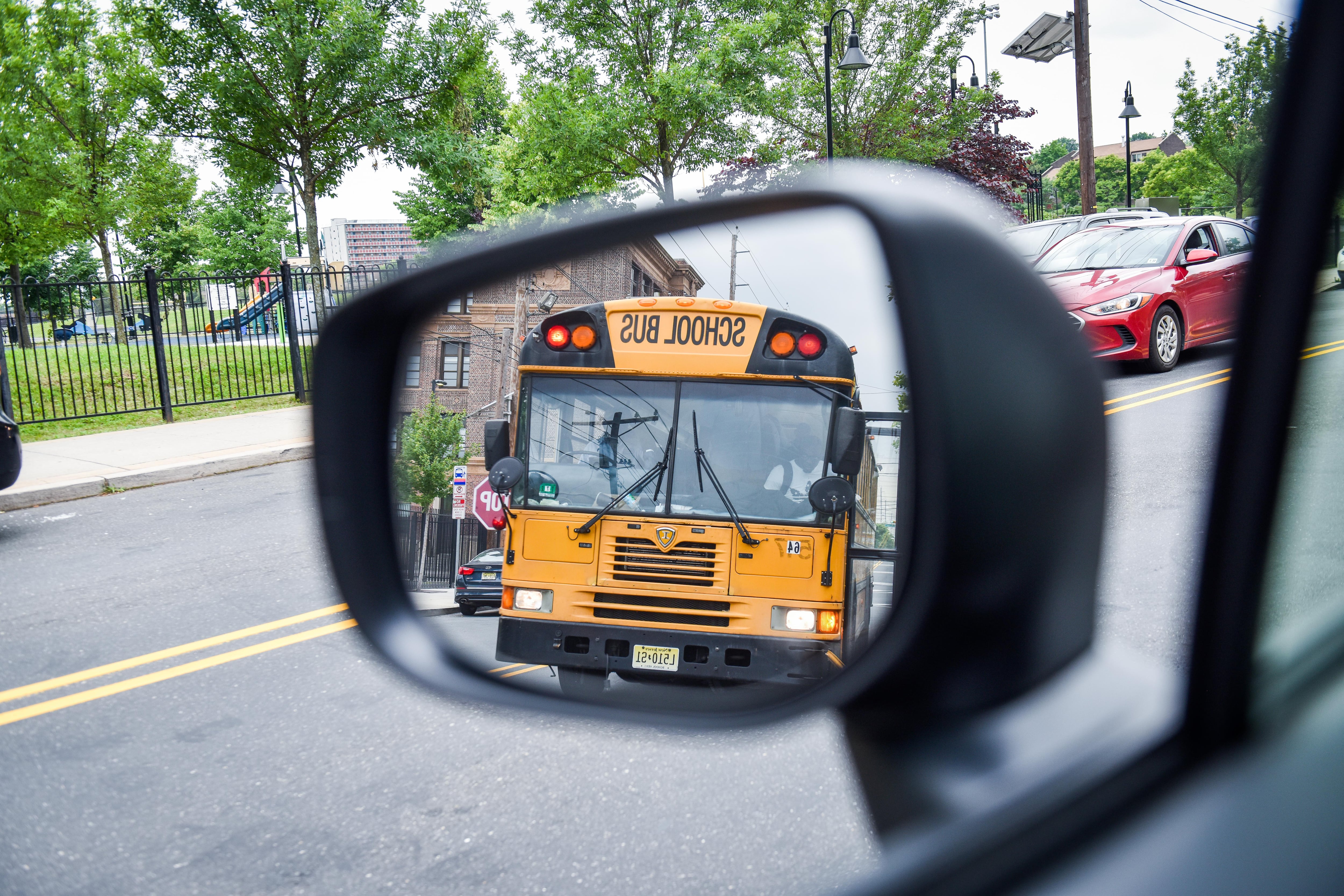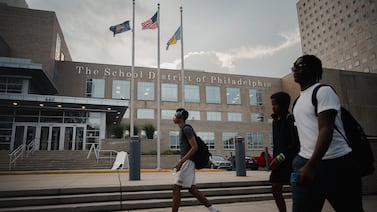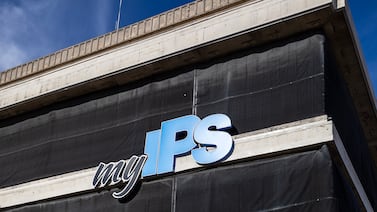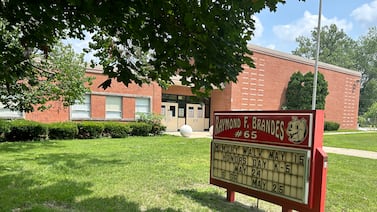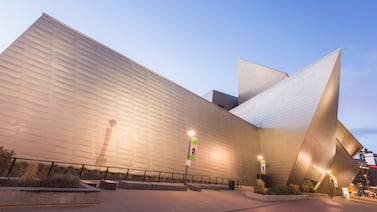Chicago’s Board of Education voted unanimously Wednesday to end its largest school turnaround program and phase 31 campuses managed by the Academy for Urban School Leadership back into the district fold across the next three years.
The district will continue to pay the nonprofit organization to manage a key teacher residency program at a cost of $9.6 million over the next three years.
Before voting to curtail the group’s school oversight after 15 years, board members said the recommendation illustrated a broader philosophical shift in Chicago toward sending new resources to neighborhood schools and their existing staffs as opposed to strategies like “turnarounds” that relied on disrupting practice by requiring school staffs to reapply for their jobs.
“Turnaound is a relic of a previous era of school reform,” said Elizabeth Todd-Breland, a history professor at the University of Illinois at Chicago and member of the school board.
Board members acknowledged the symbolism of the vote, which came in the same meeting as a discussion over the potentially negative enrollment impact of relocating a charter high school campus (the relocation was not recommended by district leadership).
No one acknowledged a report from earlier in the month in which the city’s principals association aired grievances about an AUSL manager’s treatment of principals. The district confirmed on May 12 that a managing director at the nonprofit is under investigation.
Instead, district leaders said they made the recommendation to end the management relationship because “AUSL has fulfilled the terms Chicago requested at the time of the initial contract” and the schools no longer needed “intensive development,” said Bogdana Chkoumbova, the chief schools officer.
Tapped in 2006 to steer improvements at some of the city’s lowest-performing schools, the Academy for Urban School Leadership’s roster currently includes 31 schools on the South and West Sides that predominantly serve students from low-income families. Of the network’s schools, 20 campuses — or 65% — were in good standing last school year and had one of Chicago’s higher school ratings, according to district records, but the remaining 11 were flagged for remediation or probation under that system.
Chkoumbova said the district also wanted to “provide equitable levels of support and a common level of high access to opportunities by bringing them all completely within the (Chicago Public Schools) umbrella of management.”
She said that in school-level meetings about the transition plan, parents and educators said they hoped to see district takeover improve school culture and climate and prioritize restorative justice practices. Participants also said they hoped phasing schools back to district oversight would yield better collaboration with other schools and school leaders.
The district entered into a new contract with the provider Wednesday to recruit and train teachers in a year-long residency program. That effort, officials said Wednesday, is key to the district’s teacher diversity efforts; two-thirds of the most recent class were trained in high-need areas of special education and STEM — areas where it has been hard to find qualified staff.
The Academy for Urban School Leadership has played an entrenched role in the city’s public education story over the past two decades — and in its politics. Former Chicago schools chief Arne Duncan, who later served as U.S. Secretary of Education under President Barack Obama, served as an adviser and cheerleader. Founder Martin “Mike” Koldyke was a political donor. The group at times came under fire for its turnaround approach, which included requiring entire teams to reapply for their jobs and resulted in high attrition rates among teachers.
The school district will absorb the schools back to district oversight over the next three years, beginning with the higher-rated campuses that have active school councils.
Until 2019, Chicago spent between $2 million and $5 million annually on administrators to oversee the network. Beginning that year, the AUSL expenses paid for by the district became solely about the teacher residency program, not management costs.

